Bruno Merín - Personal Profiles
Bruno Merín
AstronomerMain Research Fields
I study exoplanets with data from CHEOPS, ASTEP, HST, JWST and Gaia applying Machine Learning algorithms. In particular, we characterise with CHEOPS small and temperate planets identified by TESS, Kepler or other surveys and then apply machine learning techniques to improve the signal processing of the CHEOPS data. This work is useful as preparation for the PLATO and ARIEL missions.
We are also applying machine learning to the study of exoplanets around mature stars in two ways: a first project deals with massive light-curve analysis using deep neural networks, based on data from the ground-based telescope ASTEP in Antarctica, and from CHEOPS and TESS. The goal is to define an AI-supported data pipeline that will minimise dependencies with the model selections for characterising transiting exoplanets around nearby bright stars. This will provide essentially useful information in preparation for the ESA PLATO planet-hunting mission, scheduled for launch in 2026. We have been awarded CHEOPS time to observe a set of small and temperate exoplanets which were discovered by TESS and confirmed by ASTEP and we are testing our new algorithms on these data before applying them systematically at other larger datasets. The second project deals with using Graphical Neural Networks to significantly accelerate the exoplanet atmospheric composition retrievals coming from transit spectroscopy of nearby bright planets observed with HST and JWST. This atmospheric retrievals will be essential for the upcoming ESA mission ARIEL, scheduled for launch in 2029.
We also continue our line of research on data science on ESA's Space Science Archives, applying Machine Learning algorithms (most typically clustering algorithms, dimensionality reduction algorithms, automatic image classifiers with Convolutional Neural Networks and recommendation engines) to the large datasets in ESA Space Science Archives, hosted at ESAC. These projects are often informed with extensive label collections from Citizen Science Projects that we run based on data from our science archives. The goals of these data science projects are two-fold: on one hand we seek revealing new information in full archival datasets not previously identified with traditional data exploitation methods and on the second hand, we seek identifying operational improvements for the provision of data to the scientists of the future, e.g. by providing advanced embedded data curation and navigation in ESA Science Archives.
Keywords
- Exoplanet characterisation
- Exoplanet atmospheres
- Data Science
- Machine Learning
- Artificial Intelligence
- Citizen Science projects
Ongoing collaborations
- CHEOPS Science Team (https://cheops.unibe.ch/about-us/core-science-team)
- ASTEP collaboration (https://astep.oca.eu/en/presentation-astep-en)
- Ingo Waldmann, University College London, London, UK.
- Maximilian Guenther, European Space Agency (web).
- Matthew Standing, European Space Agency, Research Fellow, (web).
- Hervé Bouy, Laboratoire d'Astrophysique de Bordeaux, in Bordeaux, France.
- Timo Prusti, Science Support Office, ESTEC, Noordwijk, The Netherlands.
- David Ardila, Jet Propulsion Laboratory JPL (Pasadena, CA, USA).
- Ewine F. van Dishoeck, Leiden Observatory, The Netherlands. and MPE, Garching, Germany.
- Neal Evans, University of Texas at Austin, Austin, United States.
- Lucas Cieza, Universidad Diego Portales, Chile.
- Sandor Kruk, Science Support Office, ESTEC, Noordwijk, The Netherlands.
- Ross Thomson, Google, USA.
- Pablo García Martín, Safran Aeroespace, France.
- Patricio Yael Reller, University College London, UK.
- Antónia Vojteková, University College London, UK.
Publications
Project/mission at ESA
Research Groups at ESA: ESA Exoplanet Working Group.
Contact point: Bruno Merín
Interested in an ESA Research Fellowship in our group? Contact me to fine-tune your Research Proposal and apply before the 16th of September of 2024 here.
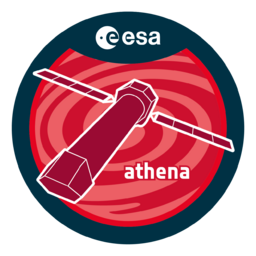
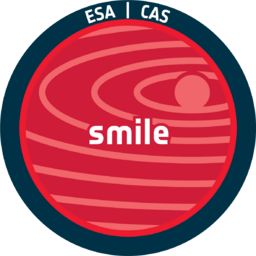
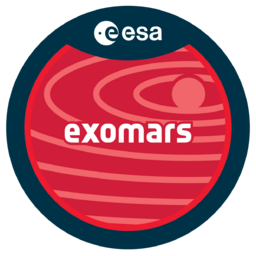
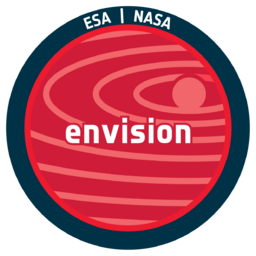
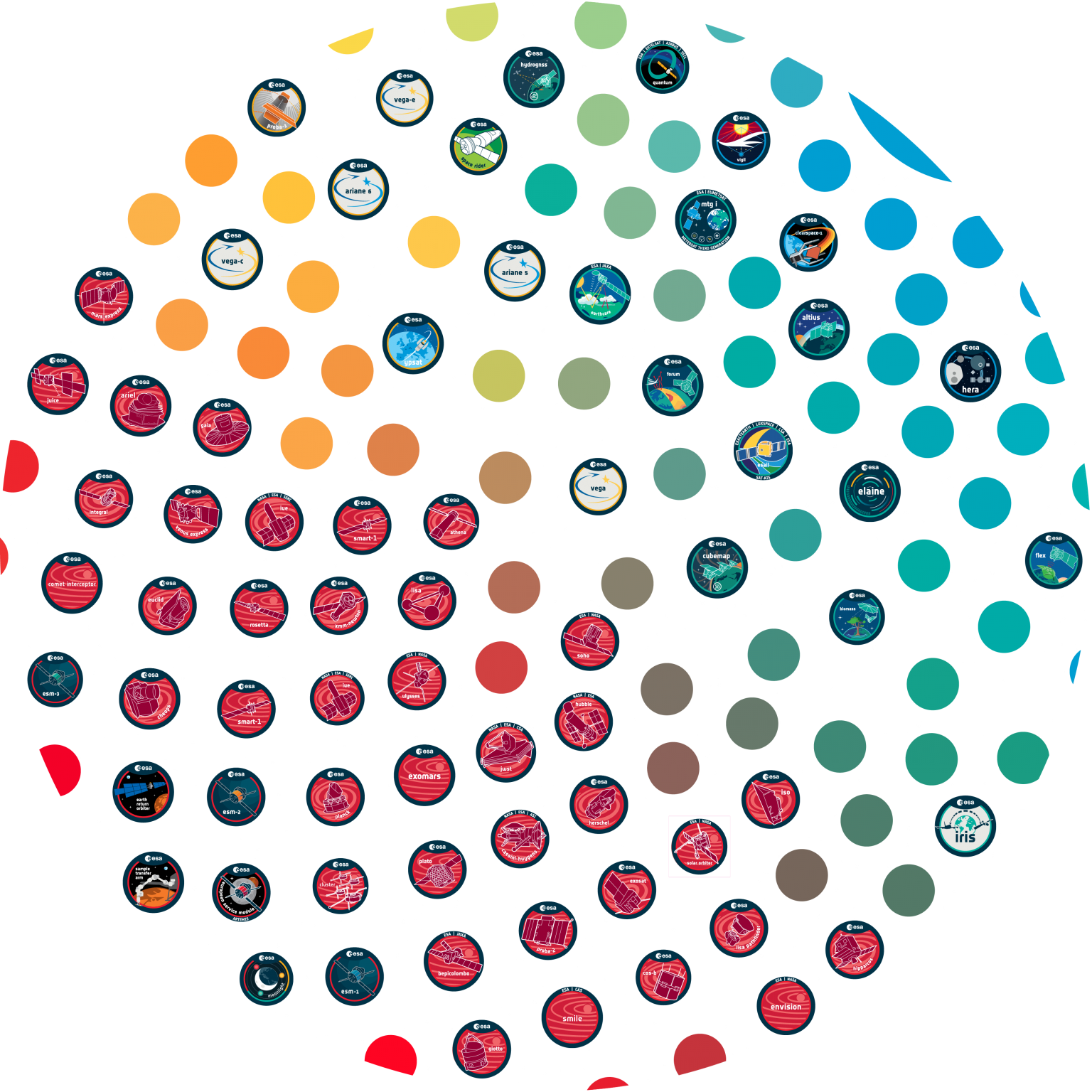
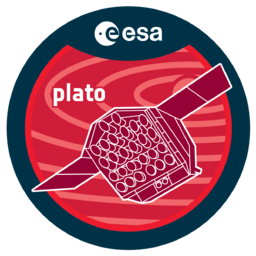
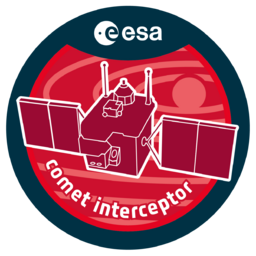

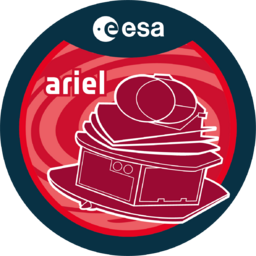
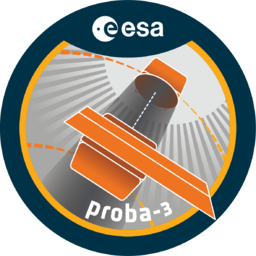
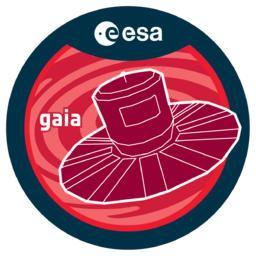
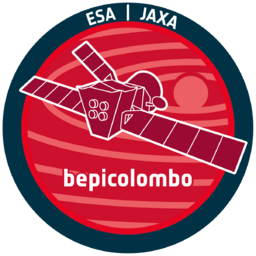
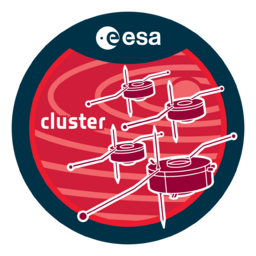
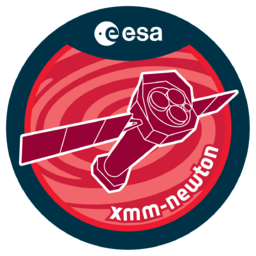
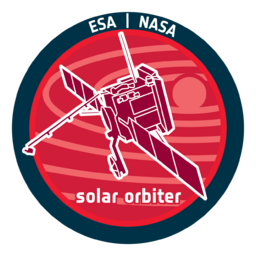
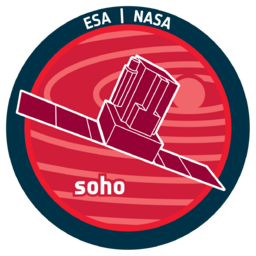
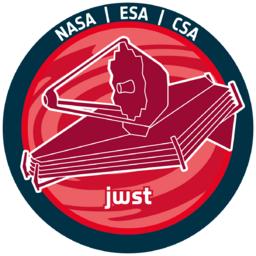
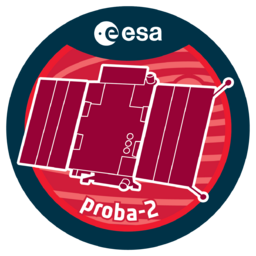
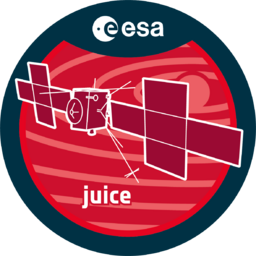
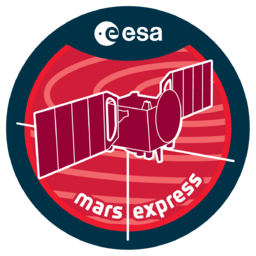
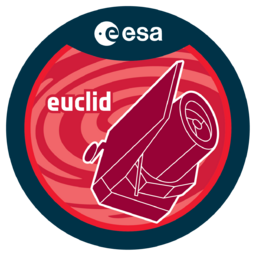
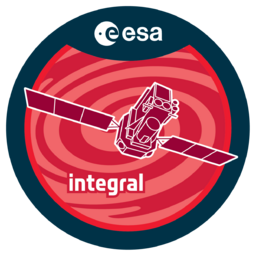
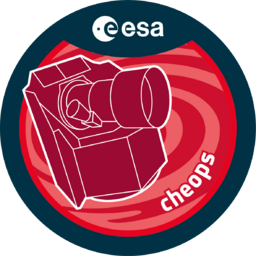
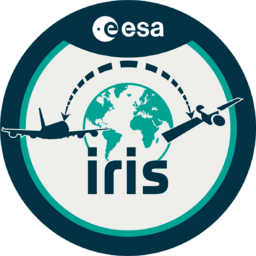
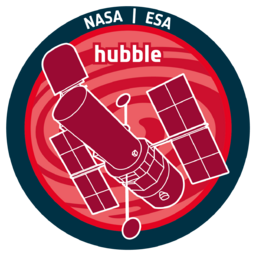
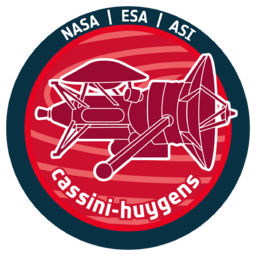
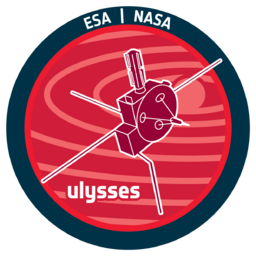
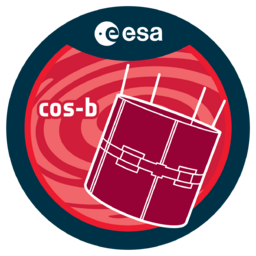
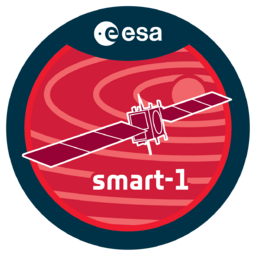
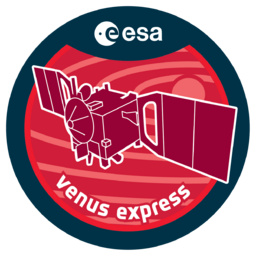
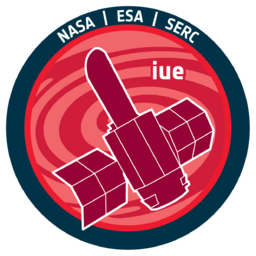
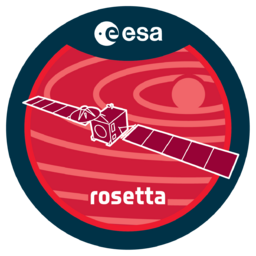
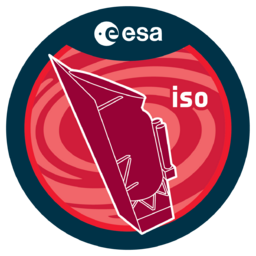

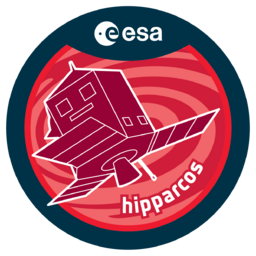
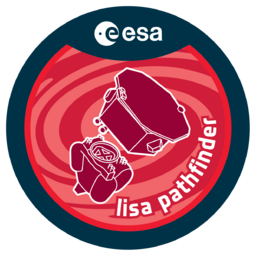
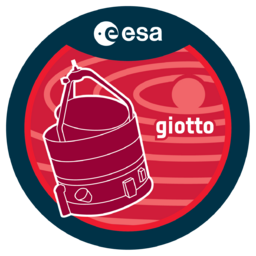
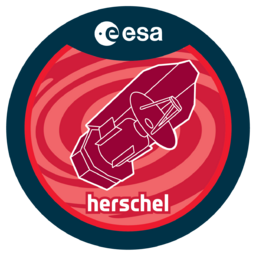
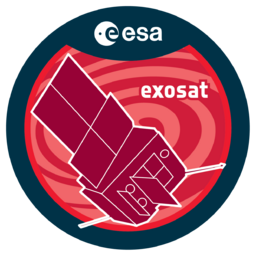

 Sign in
Sign in
 Science & Technology
Science & Technology